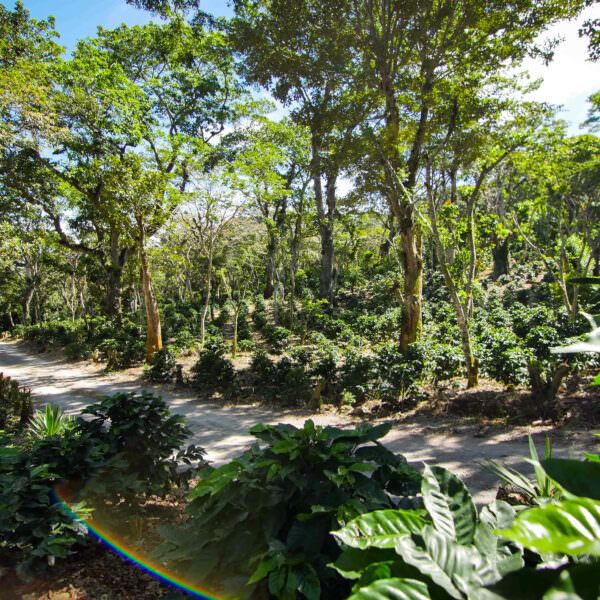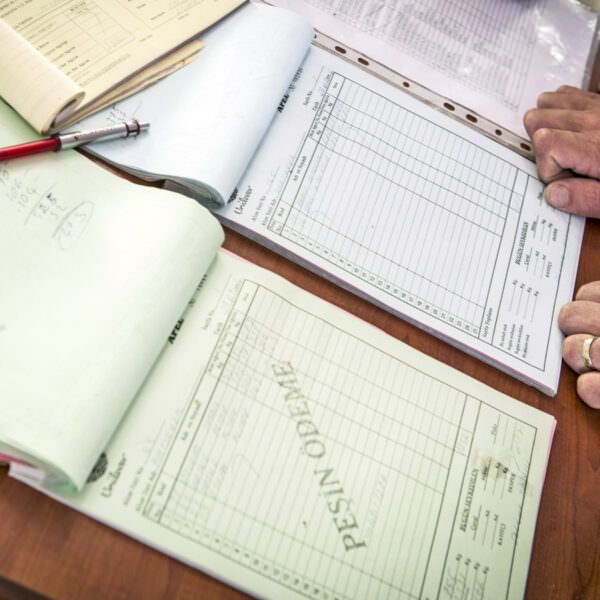FAQ: 2020 Farm Requirements
A detailed FAQ about the Rainforest Alliance 2020 Sustainable Agriculture Standard Farm Requirements.
Home / Resources for Partners / Certification Bodies & Auditors
The Rainforest Alliance is opening a new authorization process for Certification Bodies (CBs) in Japan. Certification bodies that are approved during this process will be authorized to conduct Rainforest Alliance Certification audits in their respective countries and will be able to request scope extensions for additional countries in the future.
Certification bodies must meet the following conditions to apply for authorization:
CBs interested in applying for authorization in Japan must express their interest to cbmanagement@ra.org no later than September 30th, 2023.
Interested CBs will receive further information about how the authorization process works and how to apply.
The Farm Requirements of our new Sustainable Agriculture Standard are designed to help farmers protect the landscapes where they live and work, while offering an enhanced framework to improve their livelihoods and advance the human rights of rural people.
The Sustainable Agriculture Standard’s Supply Chain Requirements aim to foster transparency and responsible business practices among companies from farm to shelf.
The audit and certification services rendered under the Assurance System maintain and ensure a general sense of purpose as well as a commitment to high quality.
The Assurance System of the 2020 Certification Program introduces numerous innovations to ensure that certification is more context-specific, data-driven, and risk-based.

A detailed FAQ about the Rainforest Alliance 2020 Sustainable Agriculture Standard Farm Requirements.

Detailed information about the assurance system used in the Rainforest Alliance's 2020 Sustainable Agriculture Standard.

In line with the approach advocated by the Accountability Framework Initiative—and other leading environmental NGOs— our 2020 Certification Program not only prohibits deforestation but also the destruction of all natural ecosystems, including wetlands and peatlands—meaning more land will be protected.

Instead of a standalone climate chapter or requirement, the 2020 Certification Program is now inherently oriented towards climate-smart agriculture with a focus on adaptation and resilience. The relevant climate-smart aspects are now embedded throughout the new standard’s Farm Requirements.

The Rainforest Alliance’s improved certification system will adopt an “assess and address” model, which goes much further than a simple prohibition approach in its ability to drive change on human rights. Read this position paper to learn more about the “assess and address” model.



The Audit Allocation system is a new approach that Rainforest Alliance will implement in Cote d’Ivoire and Ghana from June 2020 to strengthen assurance of our certification system.